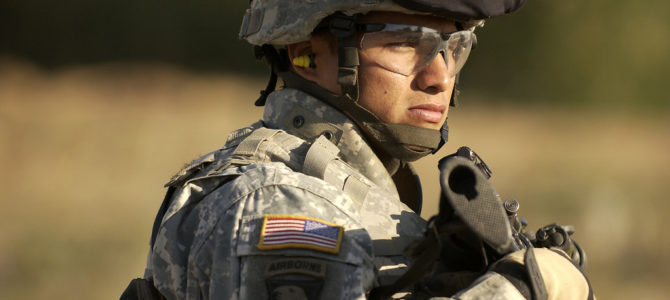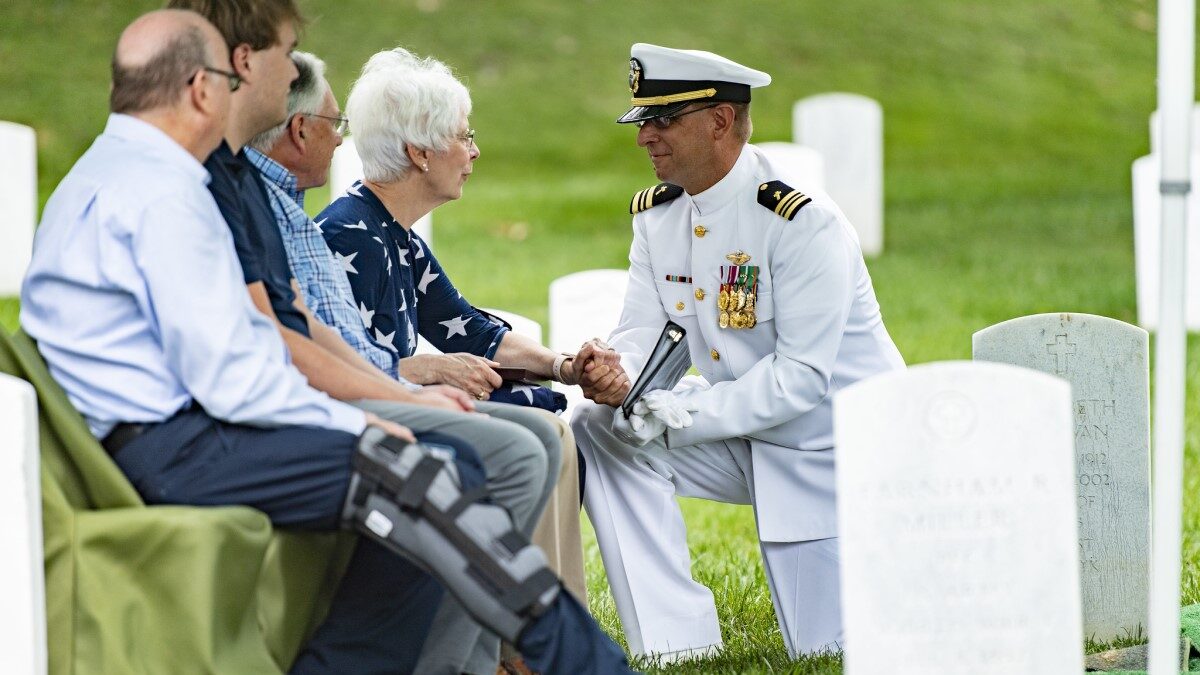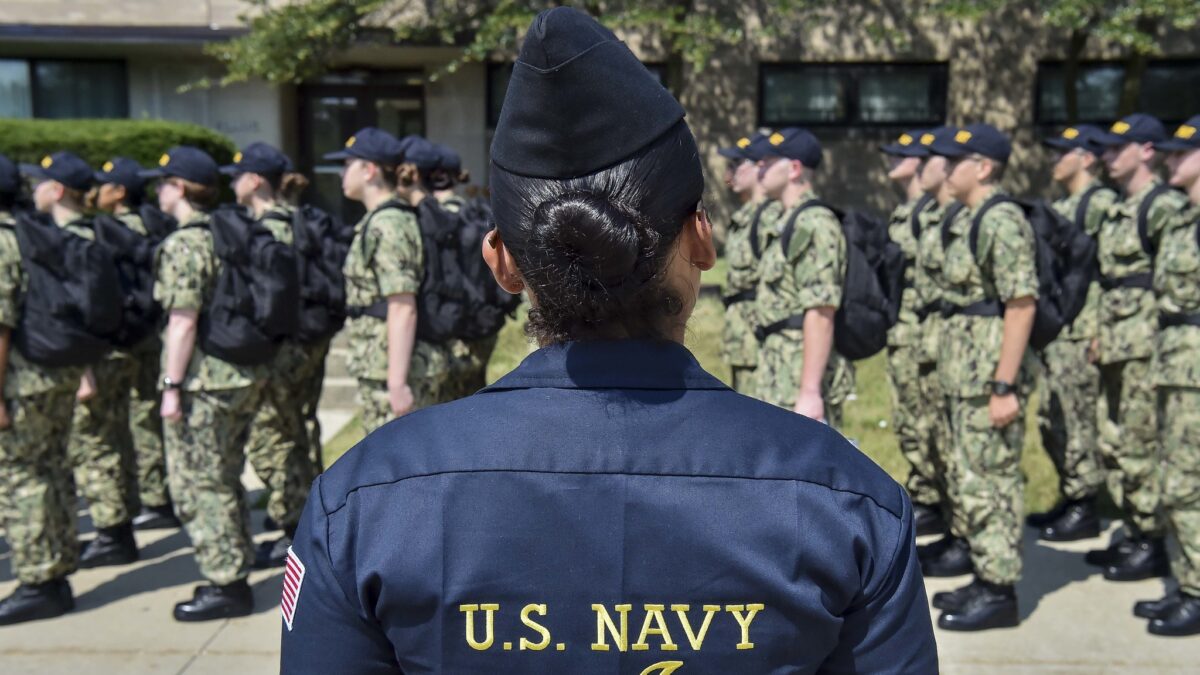
My first serious brush with postmodernism was when I was pursuing my second master’s degree in New Zealand. Previously, I had post-colonial and post-structuralist professors in India, who once told me that the right to “not” listen to someone is democratic. When replied it of course is, but implies no credibility when they critique the concept they refuse to hear, they walked out.
But those were isolated incidents. New Zealand (not geographically, but culturally West) gave me an idea what organized post-modernist cultism is. My alma-mater, the oldest and most prestigious university of the land, had a Department of Peace and Conflict Studies, which made us do a module. While other subjects in the broader field, like international relations and economics, had a positivist bend, Peace and Conflict was a different world altogether.
They had weekend activism meets, the professors had Palestinian flags on their doors, students were “invited” to join “political discussion” about “feminizing armed forces” and how “feminists should infiltrate and oppose wars,” and they had stellar researchers discussing the viability of opening a taxpayer-funded “peace park” on the demilitarized zone between the two Koreas.
I bring this up because, coming from military analysis and conflict journalism background, I had a different idea of what Peace and Conflict studies might include, like knowing the causes and effects of war and strategies to deter the most calamitous of human events. Instead, I found it was simply an activist hub.
I had to write an essay on the role of women in infantry. When I pointed out that no single Australian marine female officer has passed the combat training and all dropped out, including one female marine captain who wrote against this entire idiocy, I got the lowest passing grade in that module. The essay was subsequently published unchanged and unedited in a journal.
Donald Trump is litigating this debate, this time with transgender troops.
Opening Salvo in the Defining Culture War of Our Times
Transgender issues are the most emotive of our times, an echo of the paradigm wars of the early ‘90s. Transgenders and transsexuals are every bit as human as everyone else, deserve every bit of human compassion, and shouldn’t be discriminated against. But that’s simply not the issue here.
As Brendan O’Neill pointed out in his scalding essay about proposed British transgender laws, the implications of transgender politics are immense. That someone can change his sex based on what he feels, without any scientific evidence, is a sign of how extremely individualistic and narcissist western society is. The demand that other individuals and institutions accept and adapt to it or face penalties is quite Soviet. Voice any criticism or concerns about this, and you are transphobic.
In that light comes Trump’s new war sermon. Naturally, middle-class urban commentators, celebrities, and national politicians are all uncomfortable with this new battle. Everyone thought the arguments against transgender troops and women warriors were done and dusted, swept under the carpet. Imagine a Democrat politician facing reelection in an American red state like South Carolina, from where most military recruits come, trying to explain why Trump is wrong, and why intersectionality is a good theory and the military should be more sexually politicized.
That’s where the conundrum lies. Nobody should be discriminated against, in any institution. But the military isn’t like any other institution. There’s one single ethos of the military since the dawn of humanity whose importance remains. It’s the idea of Spartan discipline, emotional strength, and utmost loyalty.
The concept of uniform appearance and daily drills means people cannot dress as they want or color their hair as they feel. A bunch of people are beaten and shaped into machines ready to commit violence at the order of superiors, regardless of whether the cause is worthy or ignoble, so that others in the safety of their cities can color their hair and debate why wars are bad and whether there should be borders between starkly different civilisations and cultures.
In the military, victory and defeat is not a matter of second-guessing and philosophizing. “The Charge of the Light Brigade” is not just some poem highlighting a military misadventure. A handful of cavalry soldiers, knowing that they are following a doomed order with near certainty of death, follows it anyway to the last man. Nothing can be as martial and stoic as that.
What Does Science Say?
In such a scenario (and this Iraq veteran’s tweet storm is an example), a man shouldn’t be confused about his identity, have divided loyalties, or be ridden with anguish, guilt, stigma or hatred for country or a cause he is fighting for. Military is no place for feelings. You don’t question, reason, or argue about whether the causes of the war are just, you fight for your country, to win. If one isn’t sure about his sex, how can he be sure of his loyalty about which country, organization, or ideology to fight for?
The case of an emotionally compromised Chelsea Manning is evident enough, and there’s a considerable question over the psychological fitness of transgender troops. To quote a study from 2015, “Fifty three percent (53%) of [U.S. transgender] respondents aged 18 to 25 reported experiencing current serious psychological distress [compared to 10% of the general population] . . . Forty percent (40%) of respondents have attempted suicide at some point in their life, compared to 4.6% in the U.S. population. Forty-eight percent (48%) of respondents have seriously thought about killing themselves in the past year, compared to 4% of the U.S. population, and 82% have had serious thoughts about killing themselves at some point in their life . . . 29% of respondents reported illicit drug use, marijuana consumption, and/or nonmedical prescription drug use in the past month, nearly three times the rate in the U.S. population (10%). . . . The prevalence of HIV and AIDS has been found in prior research to be higher among transgender people than in the U.S. general population.”
Similarly, the National Alliance on Mental Illness cites suicide among those self-labeled LGBT to be four times higher and substance abuse three times as prevalent as among the general population. Some of this is undoubtedly due to societal pressure, but nonetheless, it is unsuitable for the armed forces, where soldiers’ mental strength needs to be on equal footing with their physical strength. Other remarkable military medical studies thoroughly discuss the emotional fragility of transgender personnel.
The Armed Forces Are Not Like Academia Or Business
The military is not a postmodern inclusive social club, it is the last institution that stands between a country facing invasion. It is not an institution whose chief purpose is to make everyone feel welcome or be a nanny for confused twenty-somethings. In an ideal world, I’d like to be a secret agent like James Bond. Nonetheless, I can’t, because I am lazy and podgy, and thus physically and emotionally incapable of such a high-stress environ, regardless of my analytical ability.
You don’t stake a claim on a job because you want to do it, just like you shouldn’t spend thousands on subjects that you want to study regardless of whether there is a job market for such subjects when you are dependent on that job market to support yourself. The market and the job choose you, based on your ability and demand.
It’s the same for business, as well as the military. It is important to remember that only 18 countries, almost all Western, currently allow LGBT troops. Even if we do not consider the economic argument about why the military should even consider paying for someone’s transition, the debate about troops’ physical and emotional fitness needs to be there. After eight years of President Obama-era social engineering, Trump has successfully put transgender issues front and center as the defining culture war of our times.
The direction and end result of this culture war will decide the shape and strength of the Western world. Watching Manning’s reaction to Trump’s transgender ban reminds us why the debate isn’t over.
today is further reason we should dismantle the bloated and dangerous military/intel/police state to fund #healthcare for all 🌈😎💕 #WeGotThis
— Chelsea E. Manning (@xychelsea) July 26, 2017









